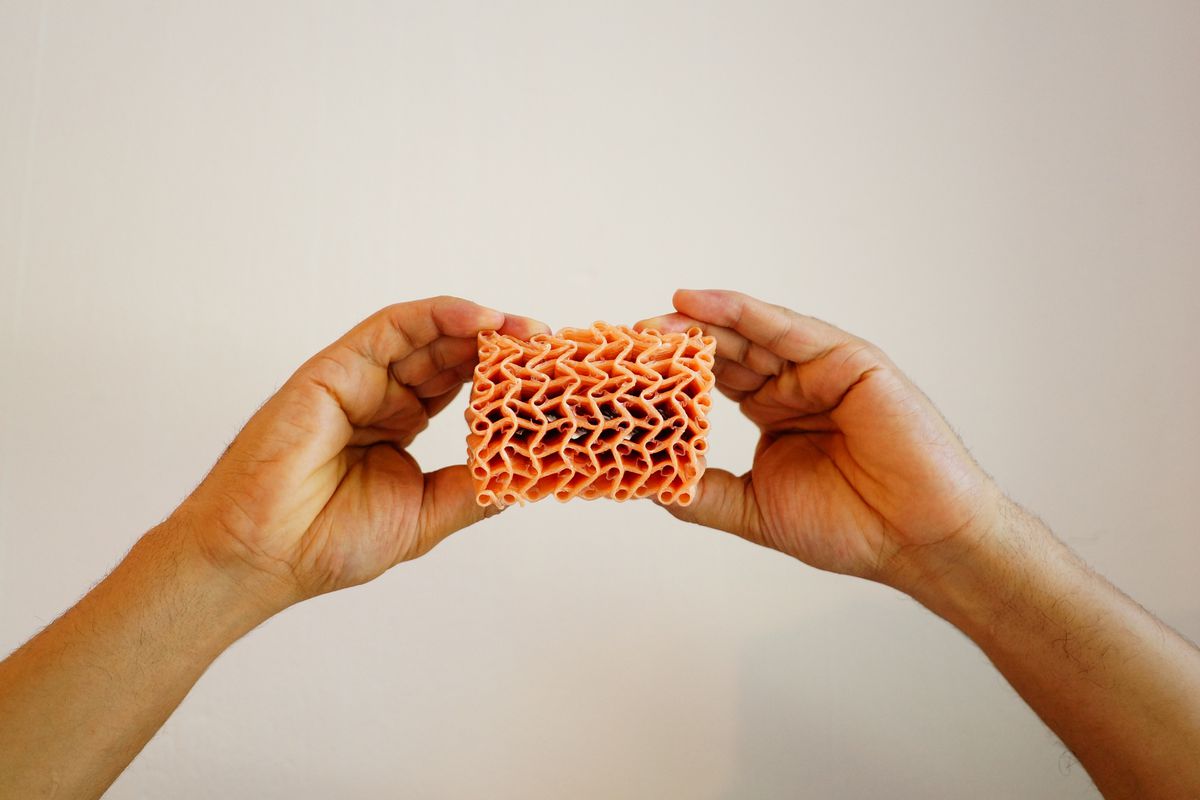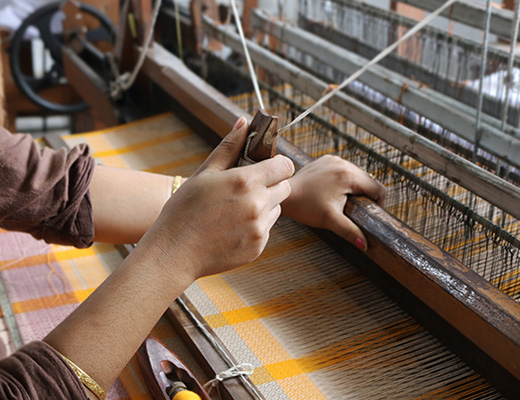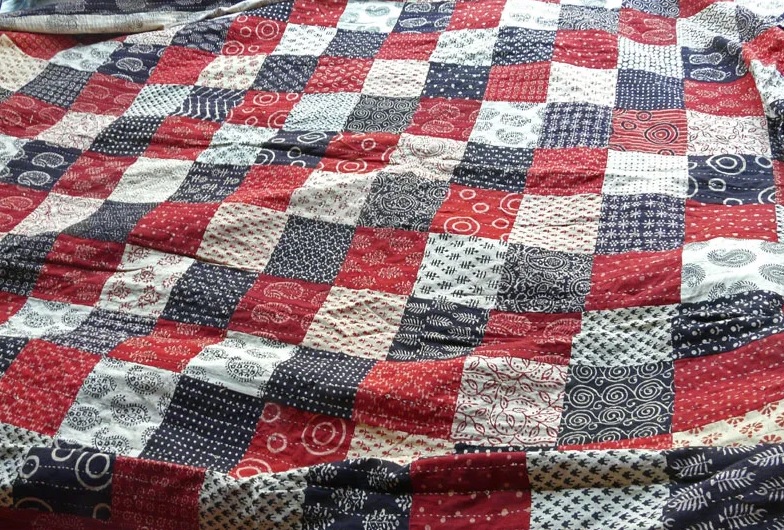The bustling Tiruppur knitwear cluster, a global leader accounting for over 55 per cent of India's knitwear exports, has taken a monumental step towards environmental sustainability. Not only has it achieved carbon neutrality, but it aspires to become the world's first carbon-negative textile cluster, a groundbreaking feat in the industry.
The Tiruppur Exporters' Association (TEA), the cluster's backbone, has spearheaded a multi-pronged initiative to reduce the environmental footprint of its operations. This includes:
Embracing renewable energy: The cluster has invested heavily in solar power, with over 100 MW of capacity already installed and plans for further expansion. This ambitious shift towards clean energy has significantly reduced reliance on fossil fuels.
Wastewater treatment: Recognizing the textile industry's water-intensive nature, the cluster has implemented advanced wastewater treatment plants. This not only conserves water but also ensures responsible disposal of effluent, minimizing environmental pollution.
Sustainable practices: From adopting organic dyes and eco-friendly chemicals to promoting water conservation and energy efficiency measures within individual units, the cluster is pushing for holistic sustainability across the entire value chain.
The TEA's efforts haven't gone unnoticed. In a recent memorandum submitted to the Tamil Nadu government, the association has urged the state to recognize Tiruppur as a "sustainable cluster." This recognition would not only be a badge of honor but also provide crucial support for the cluster's continued green journey.
The association has requested assistance in various areas. First, the TEA seeks a revamp of the scheme in consultation with stakeholders to incentivize further adoption of sustainable practices within the cluster. Second, financial support for investments in renewable energy, wastewater treatment, and other green technologies would accelerate the cluster's transition towards carbon negativity. Third it wants establishing shared infrastructure for renewable energy generation and wastewater treatment would benefit smaller units within the cluster and ensure equitable access to sustainable solutions.
The Tiruppur knitwear cluster's ambition to become carbon-negative and its quest for sustainable recognition resonate with the growing global demand for environmentally conscious products. This initiative sets a precedent for other textile clusters and demonstrates India's commitment to responsible manufacturing.












